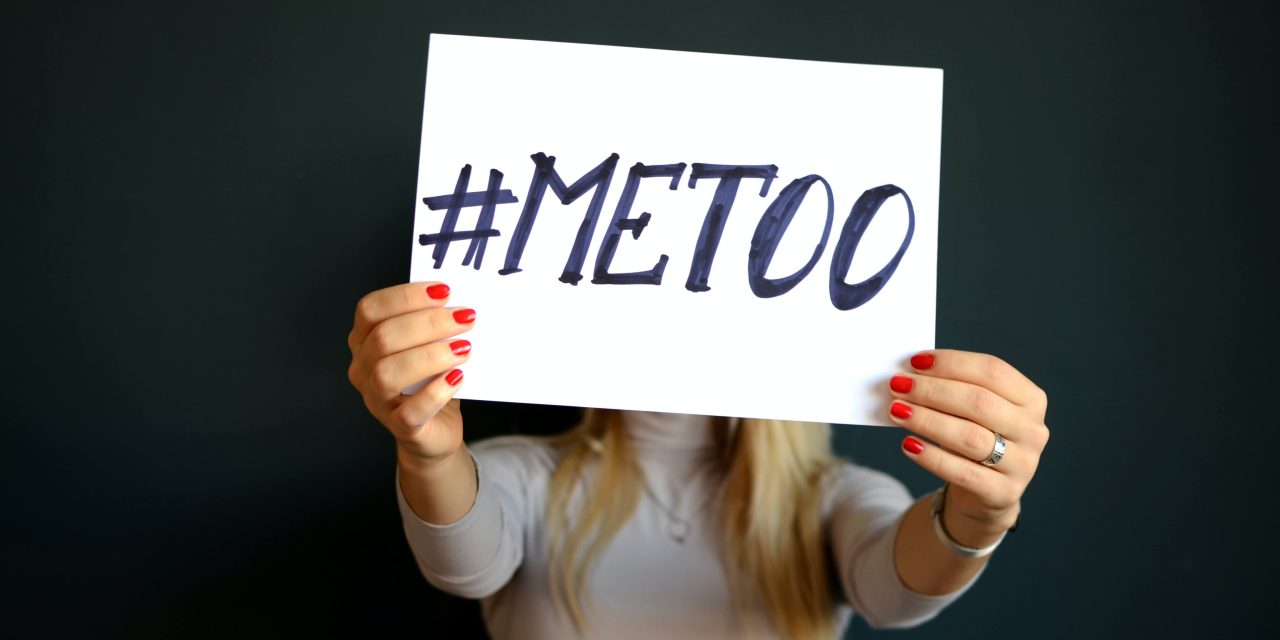Empowering Voices & Inspiring Change for survivors to share their experiences, challenge societal norms, and demand accountability. (Photo: Mihai Surdu @Unsplash)
The Me Too movement has become influential in raising awareness about sexual harassment, assault, and misconduct. Originating from a simple phrase used by activist Tarana Burke in 2006, the movement gained global momentum in 2017 when numerous individuals shared their stories of abuse and started a much-needed dialogue about consent, power dynamics, and gender inequality. In this article, we explore the impact and significance of the Me Too movement in empowering survivors, challenging societal norms, and fostering lasting change.
1. Amplifying Survivor Voices:
At the heart of the Me Too movement lies a crucial aspect: amplifying the voices and experiences of survivors. By sharing their stories, individuals have found solace, support, and validation in realizing they are not alone. The movement has created a safe space for survivors to break the silence surrounding their experiences, providing a platform for healing and empowerment.
2. Breaking the Stigma and Shame:
The Me Too movement has helped break the stigma and shame often associated with experiencing sexual harassment or assault. By openly discussing these issues, it has challenged victim-blaming narratives and highlighted the responsibility lies with the perpetrators. The movement emphasizes that survivors are not to blame for the violence they have endured, fostering a culture of empathy, support, and understanding.
3. Challenging Power Dynamics:
One of the central themes of the Me Too movement is the recognition and critique of power imbalances that enable abuse. It highlights the systemic nature of sexual misconduct and how power dynamics influence and perpetuate these acts. By exposing the misconduct of influential figures across various industries, the movement has sparked conversations about accountability, consent, and the need to dismantle structures that enable and protect perpetrators.
4. Fostering Cultural Change:
The Me Too movement has triggered a cultural shift in how society perceives and addresses sexual harassment and assault. It has prompted workplace discussions, educational institutions, and communities, leading to policy changes, increased awareness, and establishing of support networks. The movement has called for a collective effort to challenge toxic masculinity, promote healthy relationships, and foster a culture of respect and consent.
5. Long-lasting Legal and Social Impact:
The Me Too movement has had significant legal and social implications. It has encouraged legal reforms, such as extending statutes of limitations for reporting abuse, and prompted investigations and prosecutions in previously overlooked or ignored cases. Additionally, it has led to corporate accountability and reshaped workplace policies, emphasizing the need for safe and inclusive environments.
Conclusion:
The Me Too movement has provided a powerful platform for survivors to share their experiences, challenge societal norms, and demand accountability. It has inspired conversations, policy changes, and cultural shifts, aiming to create a world free from sexual harassment and assault. The movement continues to pave the way for a more equitable and respectful society by amplifying survivor voices, fostering empathy, and promoting consent.
References:
- Burke, T. (2018). “Me Too is a Movement, Not a Moment.” TEDWomen. [Online]. Available: https://www.ted.com/talks/tarana_burke_me_too_is_a_movement_not_a_moment
- Tarana Burke’s official website. [Online]. Available: https://www.tarana-burke.com/
- Ahmed, S. (2017). “Living a Feminist Life.” Duke University Press.
- Mullen, E. (2019). “The #MeToo Movement.” The Yale Review of International Studies. [Online]. Available: https://yris.yira.org/essays/2350
- Time’s Up official website. [Online]. Available: https://www.timesupnow.com/





